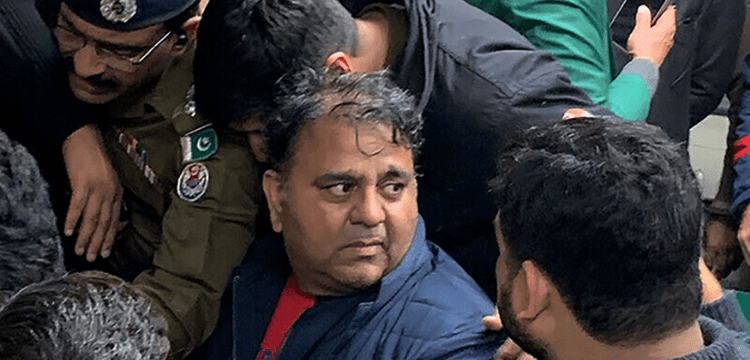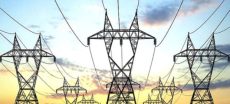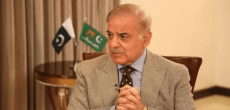[vc_row][vc_column][vc_column_text dp_text_size=”size-4″]ISLAMABAD: PTI leader Fawad Chaudhry will be presented before a court in Islamabad after the completion of his two-day physical remand on Friday (today) while the Supreme Court Bar Association (SCBA) strongly condemned the “unlawful arrest” and demanded the former federal minister’s “immediate release”.
Chaudhry was arrested on sedition charges from his residence in Lahore in the wee hours of Wednesday. Later in the night, an Islamabad court handed over the PTI leader to police on a two-day physical remand.
Fawad will be presented before Judicial Magistrate Waqas Ahmed Raja at the District and Sessions Court today.
PTI leader Hammad Azhar censured the authorities for covering Chaudhry’s face while presenting him before the court, saying it was a “cover on Pakistan’s democratic system”.
“[Former SSP] Rao Anwar and those involved in the regime change operation should be brought [to the court] the way Fawad Chadhry was brought,” he said.
“Fawad Chaudhry has become a ‘hero of the nation’. PTI will continue the struggle until the restoration of democracy and establishment of the rule of law [in the country].”
Meanwhile, the SCBA strongly condemned the “unlawful arrest” of Chaudhry and demanded his “immediate release”.
In a statement, the SCBA noted that Chaudhry was a former federal minister and also an advocate of the Supreme Court and member of the SCBA.
Because of this, the statement stated, “this association regards his detention with significant worry, particularly the manner he was mistreated and shackled, is incredibly humiliating for the legal fraternity and highly condemnable.”
A “typical example of abuse of authority and political victimisation,” according to the SCBA, was Chaudhry’s arrest.
It emphasised that every person had a right to be treated fairly and with dignity and that they deserved to be handled with in line with the law.
It also emphasised the significance of Article 19 of the Constitution, which guarantees everyone the same opportunity to exercise their right to free expression.[/vc_column_text][/vc_column][/vc_row]











